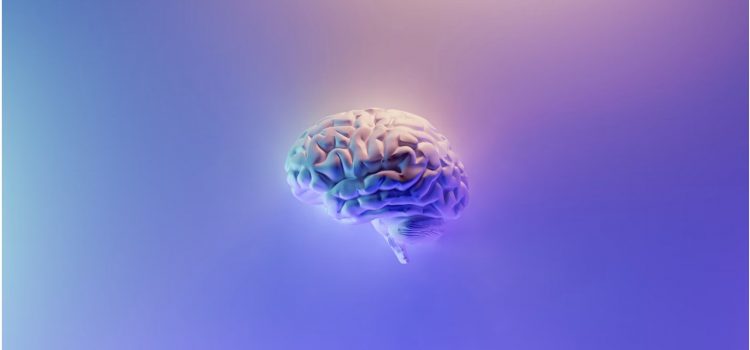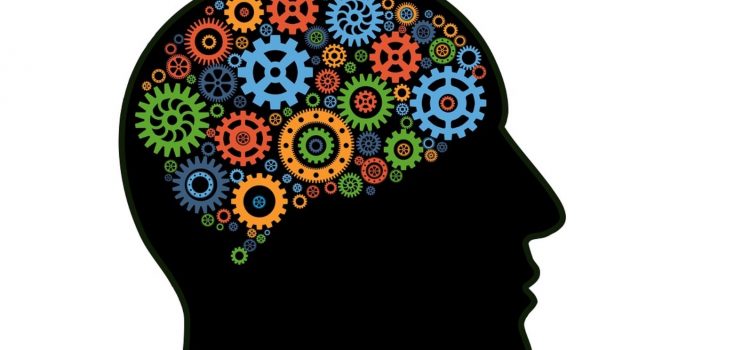Where do emotions come from in the brain, according to psychology? Do emotions come from a specific brain region? According to neuroscientist and psychologist Lisa Feldman Barrett, emotions cannot be linked only to a certain part of the brain, like your amygdala. Rather, Barrett has found a more complex explanation for how your brain processes emotion. Keep reading for Barrett’s groundbreaking explanation of where emotions come from in the brain.
Psychology: Where Do Emotions Come From in the Brain?










